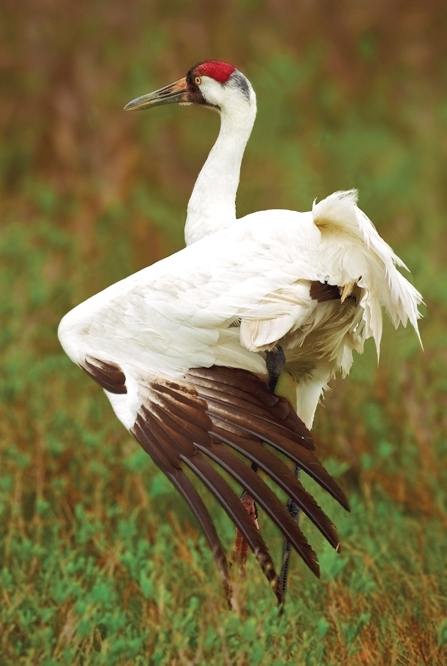SCB Submits Comments on Flawed Assessment of Keystone XL Pipeline
UPDATE: On November 6, 2015, US President Barack Obama rejected the proposed Keystone XL pipeline, which would have transported petroleum from oil sands mines in Alberta, Canada to refineries and ports on the US Gulf Coast. Here's the story from the New York Times.
|

April 22, 2013. Today the Society for Conservation Biology submitted comments on the second Supplemental Environmental Impact Statement (SEIS) and its accompanying biological assessment (BA) regarding the proposed Keystone XL Pipeline. SCB’s comments explain why the Keystone XL Pipeline is not in the national interest because of the significant harm that tar sands development in Canada will cause to Earth’s climate, and the significant local impacts on threatened and endangered species. Because the SEIS continues to understate both the risks to Earth’s climate and the risks of oil spills that will harm endangered species, SCB recommends that Secretary of State John Kerry reject TransCanada’s permit application and that the no-action alternative should be adopted as the evidence before him is not sufficient to make the case that granting the permit to construct the Keystone XL Pipeline would be in the national interest.
In particular, SCB notes that the EIS fails to consider alternative approaches to meeting the energy and transportation needs of the United States, for example, by pursuing new sources of renewable energy, and failing to account for the significant economic benefits that can be derived from an environment that is not put at risk from increased greenhouse gas emissions.
In addition, SCB’s comments raise concerns regarding the SEIS’s discounting of the risks of oil spills from the Keystone XL Pipeline, which will be used to transport highly-corrosive tar sands oil. Oil spills could severely harm several endangered species including the Whooping Crane, Piping Plover, Interior Least Tern, pallid sturgeon, and American burying beetle potentially jeopardizing the continued existence or recovery of the rarest of these species, the Whooping Crane. Given the severe negative impacts from greenhouse gas emissions associated with tar-sands development, the benefits of building this pipeline are insignificant for the United States in the context of the larger global market for fossil fuels and do not outweigh these harms.
In 2011, SCB wrote a letter to the Secretary of State raising a series of questions about the Keystone XL Pipeline and the 2011 SEIS. In 2010, SCB prepared extensive comments on the initial Environmental Impact Statement for the Keystone XL pipeline.
Read SCB’s comments on the 2013 SEIS here.